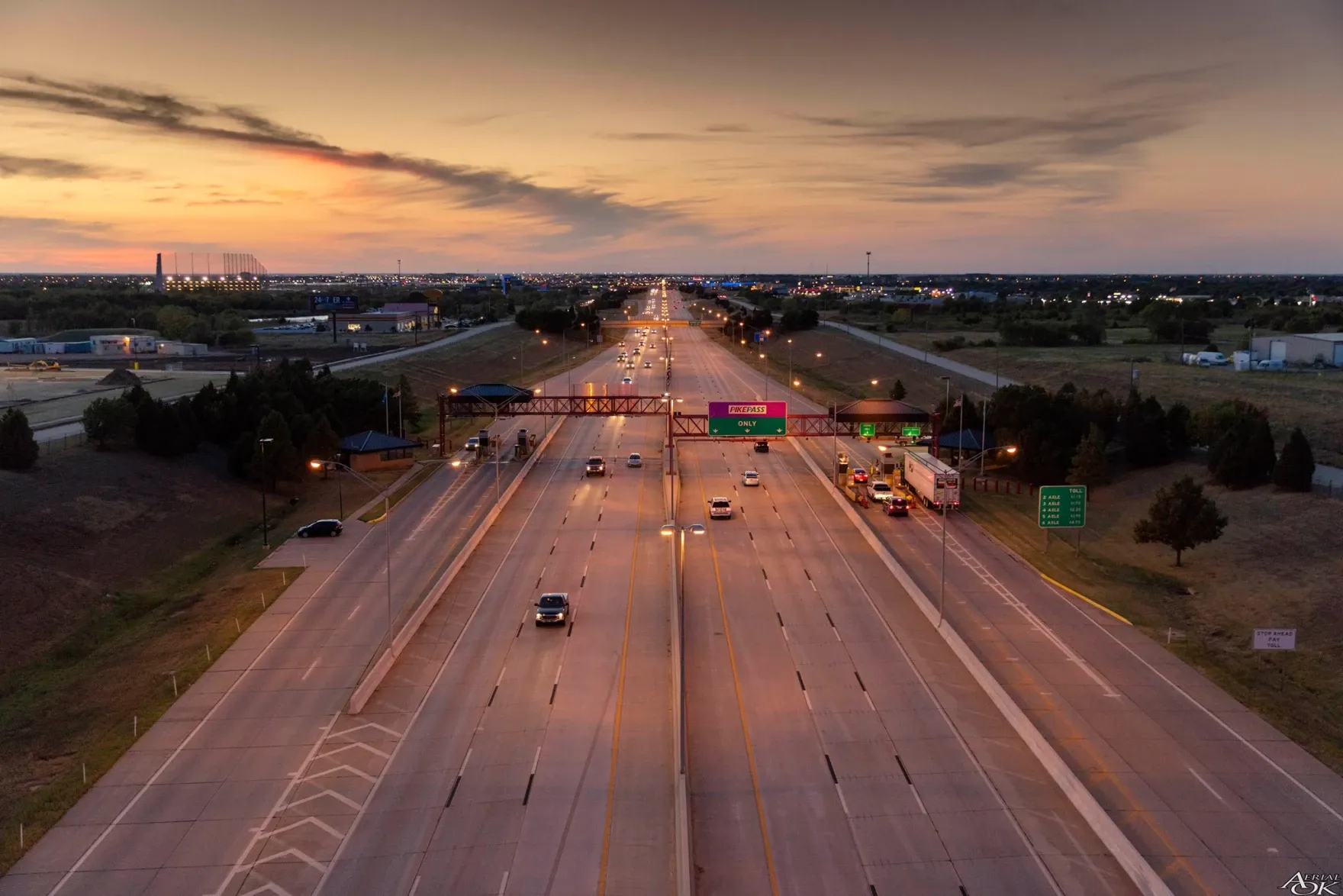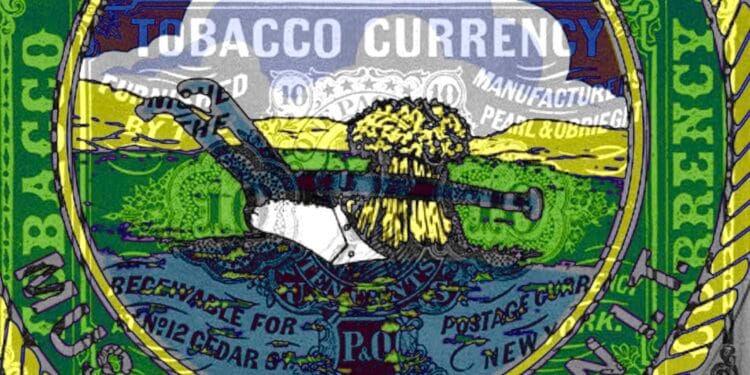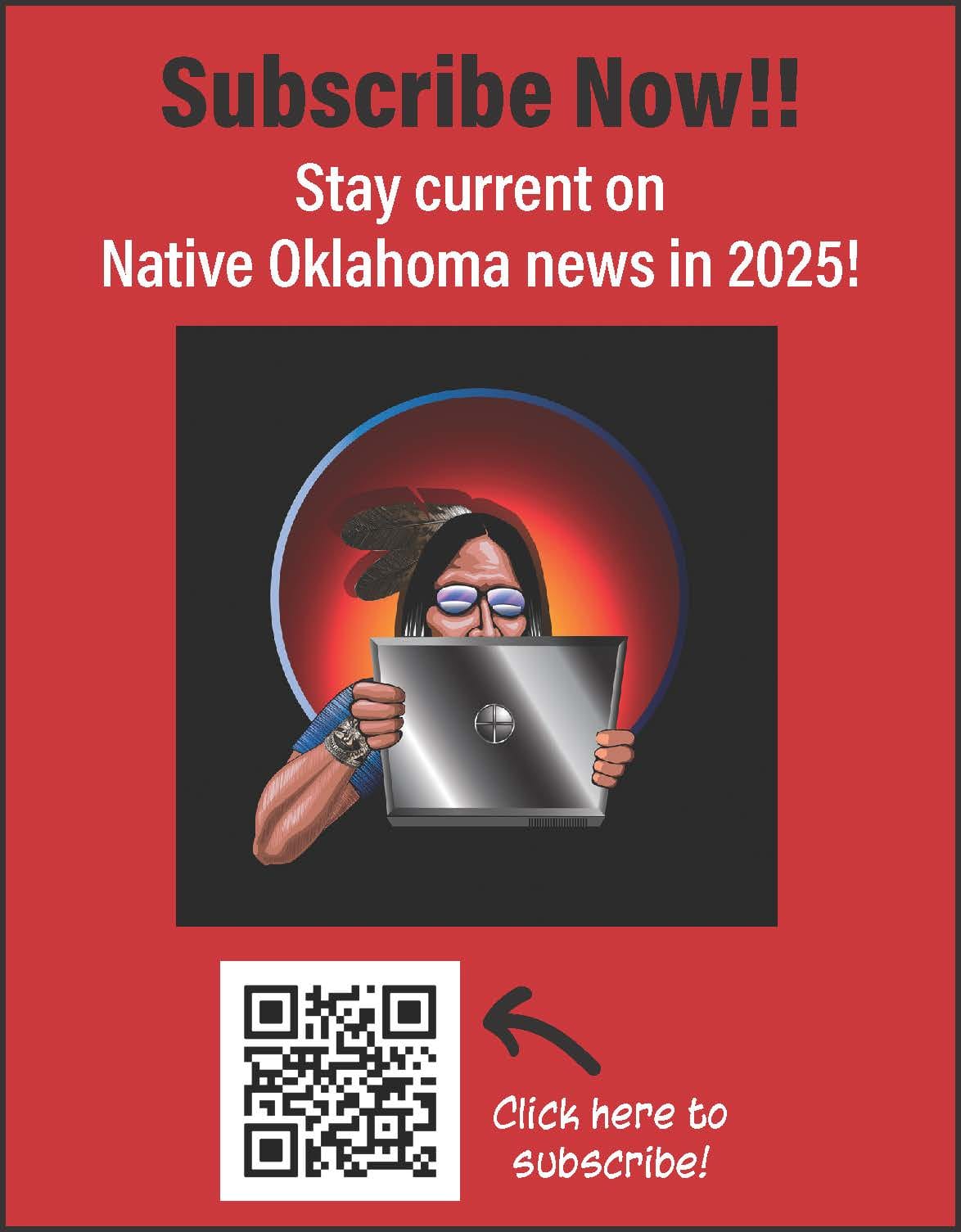

Tribal leaders in Oklahoma flag OTA data collection bill as sovereignty infringement

Multiple tribal representatives in Oklahoma are raising concerns over a new bill, arguing that it infringes on tribal and data sovereignty.
Senate Bill 675 would allow the Oklahoma Turnpike Authority to access the Oklahoma Law Enforcement Telecommunications Systems network — or OLETS, a program of the Department of Public Safety — to help ensure the OTA receives its toll money.
Representatives from tribal nations and organizations, including the Oklahoma Policy Institute, Oklahoma Intertribal Tax Association, Together OK and United Indian Nations of Oklahoma, have opposed the bill, noting it “seeks to circumvent Tribal sovereign control over data.”
Sharon Scott, president of the Oklahoma Intertribal Tax Association and a member of the Seminole Nation, expressed worry during a Native American caucus meeting. She said if the bill becomes law, tribes still trying to make agreements with OTA will lose out on bargaining power.
“I feel like if this passes and comes into law, the OTA can automatically access their information, [and] those talks are going to shut down because what's the point?” Scott said.
A handful of tribes have already made deals with the OTA, including the Shawnee Tribe. The tribe’s chief, Ben Barnes, said they are footing the bill for tribal citizens’ outstanding tolls— an option not all tribal nations have.
“I'm really proud that Shawnee Tribe entered into an agreement with Joe Echelle and the folks at OTA so that we not only will be getting our data voluntarily over to OTA, but also we will be indemnifying our citizens,” Barnes said. “[We will be] picking up the backlog of those tags so we're not penalizing our people.”
Despite recently making a deal, Barnes still pointed to the harm in passing SB 675, calling it a “wholesale data grab” of personal information.
“Whenever we work together, that's when we work best,” Barnes said.
In an Oklahoma Voice article, the bill's author, Sen. Darcy Jech, said the measure allows “tolls to be collected from those who are traveling on the state turnpike system but are not a part of the PikePass system and are not able to be invoiced, which is the case with many tribal vehicle registrations.” That includes tribal citizens.
Senate Bill 675 has passed through the Senate. The Oklahoma House Committee on Public Safety will consider the bill on Wednesday morning.
Tribal enterprise launches rapid-deploy VTOL landing system for remote operations

By Chez Oxendine, Tribal Business News
A Cherokee Nation-owned company has introduced technology that could change where and how vertical take-off aircraft can operate in remote or emergency situations.
Cherokee Federal, the tribe’s federal contracting arm, unveiled its new Mobile Vertipad Platform — dubbed the MVP — in mid-March at VERTICON, an event showcasing vertical take-off and landing (VTOL) aircraft and related equipment. Chris Moody, vice president at Cherokee Federal, said the patent-pending MVP has garnered widespread interest.
“There’s interest from the Air Force, the Army, and the Navy in different ways and with different criteria,” Moody told Tribal Business News. “We’re also seeing a lot of interest from rural America, whether that’s from individual aircraft owners, tribes, or rural organizations, as well as international interest, where some countries might not have the same infrastructure for landing helicopters as we have here in the U.S.”
The company describes the MVP as the first deploy-on-demand landing technology in the sector, capable of being set up in “minutes” according to a statement. The platform includes both visual and infrared landing lights and can be transported by truck or sling load to a new location.
Once constructed, the MVP supports up to 30,000 pounds across a 24-foot landing surface. Potential applications include creating landing spots for medical helicopters at rural clinics or supporting emergency and disaster teams in areas without established landing zones.
Cherokee Federal provides a variety of services to the federal government including consulting, facilities management, logistics, manufacturing, technology and mission support. The company works globally on issues in national security and intelligence, information technology, health solutions, Defense Department logistics and humanitarian relief.
The MVP represents an evolution of Cherokee Federal's original concept, which initially targeted the emerging air mobility market in 2021. When that market developed more slowly than anticipated, the company shifted focus to the VTOL aircraft market, particularly helicopters, which saw significant growth following the COVID-19 pandemic.
The global VTOL aircraft market was valued at $5.6 billion in 2023 and is expected to grow 15.2% annually through 2030, according to a report by research firm Markets and Markets
That growing market pushed Cherokee Federal to continue developing the MVP, Moody said. Cherokee Federal “tweaked” the design to better fit rotorcraft like helicopters and then began marketing the platform for uses like disaster recovery and border patrol.
"It's mobility and rapid deployment capabilities make it a critical asset for a wide range of industries and applications,” Moody said.
The product will also spark economic opportunity for tribal members. While the MVP was developed and its prototype manufactured in conjunction with an unnamed partner, further manufacturing will occur at Cherokee Federal’s metal plant in Pryor, Okla. That’s going to create jobs, Moody said.
“That’s a driver behind a lot of what we do,” Moody said. “We’ve got a mission to create economic opportunities in the tribe’s 14 counties, and this plays into that mission.”
Nervous Smokeshop Owners in Compact Limbo

Mvskoke citizens’ livelihoods in jeopardy
by Jerrad Moore, Mvskoke Media
MVSKOKE RESERVATION – A Mvskoke citizen smoke shop owner recently provided Mvskoke Media a copy of an email that appears to be from the Oklahoma Tax Commission to an unnamed tobacco wholesaler. The email contains a signature block for Jondra Rupp, Tobacco Excise Tax Senior Specialist at the OTC. The email states:
The following tribe’s tobacco compact extensions have expired effective March 31st, 2025. Muscogee Creek Nation, Osage Nation, Quapaw Tribe of Oklahoma, and Seminole Nation. All tobacco sales to these tribes will be at full rate and cigarette sales should have the green stamp applied to all packs as of April 1, 2025, until further notice.
Mvskoke Media has contacted the OTC to confirm the content of the email but has not received a response as of press time.
Ashley Wolf Voice, Mvskoke citizen smoke shop owner, shared how her business has been impacted by this email. Wolf Voice stated:
We were contacted by our wholesaler Monday afternoon about the tribe’s tobacco compact extension that will expire effective March 31, 2025, the future orders will be stamped green, which means full rate, non-tribal, 100% state tobacco excise tax will be applied to each pack. The tribe will receive 0% of the state tobacco excise tax. For the past nine years the tribe has been at the 50% rate, the state has used the state portion of collected compact taxes in accord with Oklahoma law. The Nation has retained $2.50 of the tribal portion per carton for all cigarettes sold and distributed the remaining tribal portion at its exclusive discretion. Tobacco has produced hundreds of millions for the tribe since the early Nineteen Eighties.
Mvskoke citizen Darrell Chissoe has operated his smoke shop in south Tulsa for 30 years. Chissoe also issued a statement on the matter:
The impact of this no tobacco compact is far reaching. I have longtime valuable employees with young families to raise, that depend greatly on their income who will suffer severe loss. The business will not be sustainable with this loss of tax revenue. This loss will cause lay-offs, and closure of a 35 year-long business. The landowners will no longer have their rent incomes. Muscogee Creek Nation will suffer extreme economic hardship with this loss, in the millions generated annually by our smoke shop revenue for our Muscogee people.
Mvskoke Media contacted the MCN Executive branch on the status of the tobacco compact. They issued the following statement:
We are still actively engaged in talks with the state seeking a resolution to this matter, and we remain committed to doing everything we can to take care of our Nation’s future, our business owners, and the state’s economy. We are staying in communication with our smoke shop owners and communities, along with our legal team, so that everyone has the information they need as we proceed.
Mvskoke Media will have ongoing coverage of this developing story.







